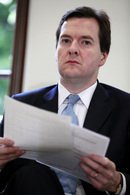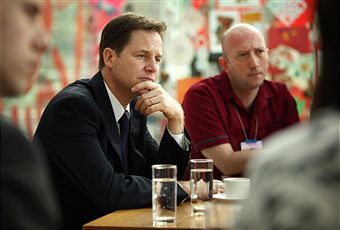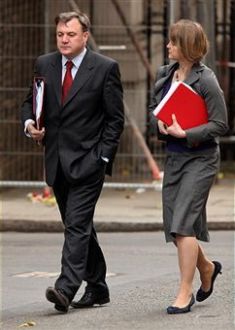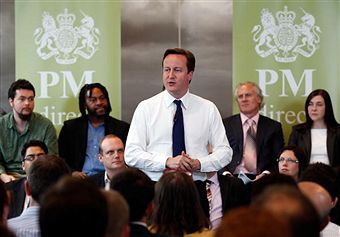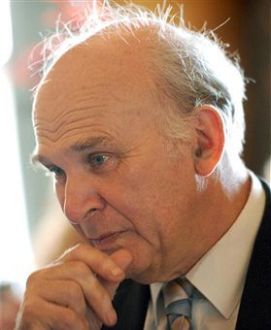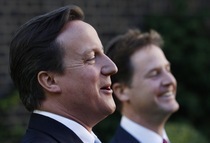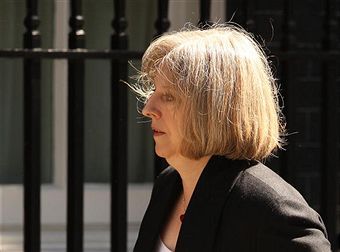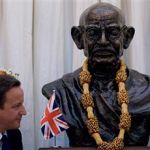Stephen Green’s double-dip warnings
The Big Tent just got a little bit bigger with the appointment of Stephen Green as trade minister. As most of the papers point out, landing the HSBC boss is something of a coup for the coalition. David Cameron was struggling to fill the role, but he’s ended up with someone who is widely credited with steering his bank through the worst of the financial storm. Even HSBC’s purchase of a dodgy sub-prime company in 2003 has done little to tarnish Green’s reputation. Now that he’s in government, though, it’s worth pointing out that he is yet another minister who has warned of a double-dip recession. Here’s how the FT





